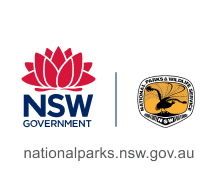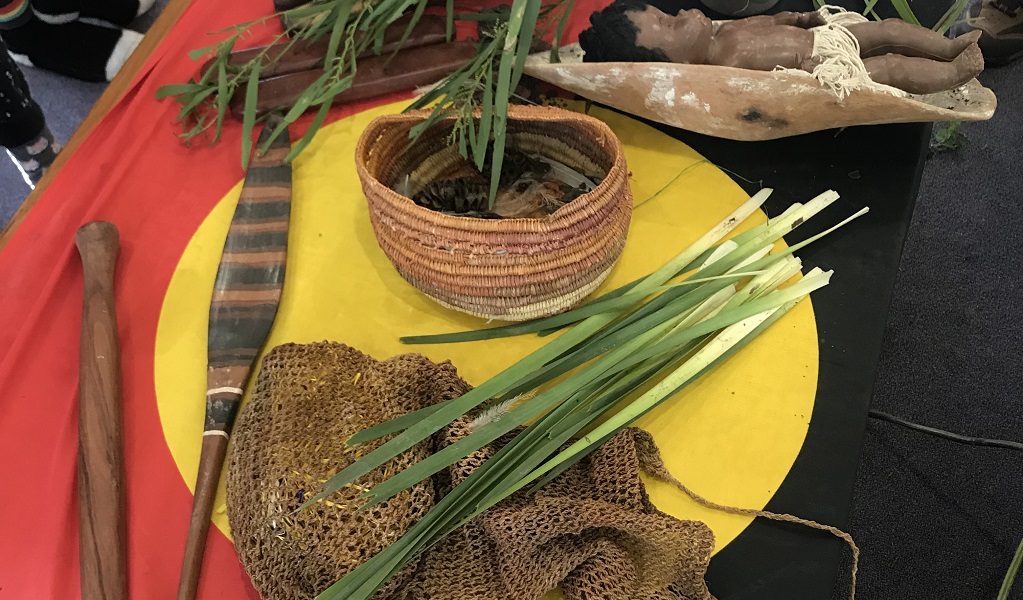School incursion
School incursion: Living Country, living culture
Far South Coast
Overview
Learn about Aboriginal culture from the convenience of your classroom in this Stage 3 (Years 5-6) HSIE cross-curricular incursion. An Aboriginal guide will help students understand the importance of culture and caring for Country.
Read more about School incursion: Living Country, living culture
Living Country, living culture can be delivered at your school for Stage 3 students, focusing on HSIE. This is an interactive incursion for young students, with sensory and hands-on activities.
Students can look forward to a fun day of learning about the culture and Country of the Yuin People, led by a local Aboriginal guide. They’ll find out about bush tucker and medicine, the role of women in Yuin culture, traditional weaving, art, music and dance, and how the Yuin People manage and protect Country.
Aboriginal people have been walking the earth for thousands of years. They continue to have a strong connection to country, and traditional practices and stories play an important part in modern life.
Students will come away with an appreciation of the rich Aboriginal culture that exists in their region. They'll make fundamental links between traditional stories, land, Country and languages.
For program outline, safety and practical information about this incursion, see info for teachers
| Stage | Stage 3 (Years 5-6) |
|---|---|
| Learning area | HSIE |
| Student outcomes |
GE3-2. Explains interactions and connections between people, places and environments GE3-3. Compares and contrasts influences on the management of places and environments HT3-4. Describes and explains the struggles for rights and freedoms in Australia, including Aboriginal and Torres Strait Islander peoples ST3-5LW-T. Explains how food and fibre are produced sustainably in managed environments for health and nutrition |
| Objectives |
Students will:
|
Excursion details
- When
Monday to Friday, during school term.
- Availability
- Available on request, subject to staff availability.
- Where
- Far South Coast
- Duration
- 1-2 hr
- Price
-
$350 per group of 25 students. $14 per extra student, up to maximum group of 30 students.
- Meeting point
- Our NPWS Aboriginal guide will come to your class.
- Booking
- If you would like to organise a NPWS school incursion please get in touch with local staff or use the 'Enquire' link for the online form.
Local alerts
For the latest updates on fires, closures and other alerts in this area, see https://www.nationalparks.nsw.gov.au/education/stage-3-school-incursion-hsie-living-country-living-culture-south-coast/local-alerts
Operated by
- School incursion inquiries - Far South Coast
- 02 6495 5000
- discovery.scr@environment.nsw.gov.au
Park info
See more info for teachersInfo for teachers
All the practical information you need to know about School incursion: Living Country, living culture.

